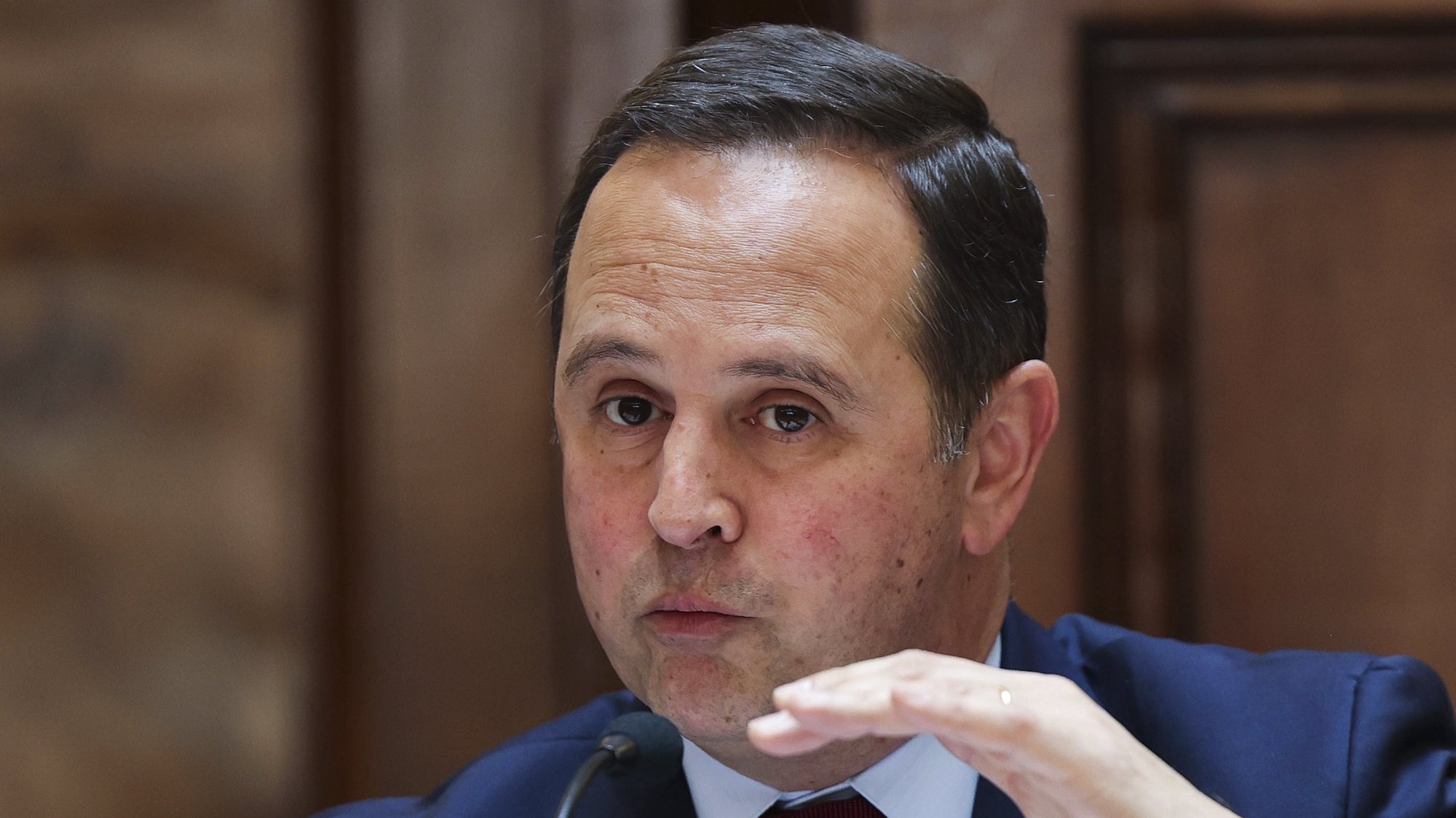The Portuguese economy will have grown 0.6% consecutively, in the first quarter of this year, according to estimates revealed by the Finance Minister, Fernando Medina, this Thursday in Parliament.
Medina responded to PS deputy Sérgio Ávila, firing at the right-wing parties: last year, “when we presented the growth forecast for 2023, there were several deputies who classified that it was a very optimistic projection, that we were going to have a recession , that it was inevitable that it would happen ”. This recession scenario, he reiterates, is not part of the Government’s projections.
According to the minister, the economy performed “much better” at the end of 2022 and “is already recording even stronger growth in the first quarter of 2023, with chain growth estimated to have been 0.6%.” In the first quarter of 2022, GDP had grown 2.3% in a chain, in the second 0.2%, 0.3% in the third and also 0.3% in the last quarter of 2022.
Fernando Medina justifies the recent evolution with tourism and the “export sector as a whole”, including goods and services, growing “at levels much higher than those of the recent past”.
The Minister of Finance appears this Thursday at the Budget and Finance Committee, in Parliament, within the framework of the 2023-2027 Stability Program, which revised upwards the economic growth projections for 2023 (from 1.3% to 1. 8%). %) and inflation (from 4% to 5.1%), and a downward projection of the deficit (from 0.9% to 0.4%).
PSD compares the Government with the orchestra of the Titanic
The PSD, in the voice of deputy João Barbosa de Melo, defended that the Stability Program lacks “new ideas” and “ambitious proposals”. “What I find in these documents is more of the same,” he said when confronting Medina with the productivity projections, which he called the “Achilles heel of our economy.” “It’s very little that I see here,” he shot.
João Barbosa de Melo compared the government’s actions to the Titanic’s orchestra, which “it is said” stayed “on deck playing” while the ship sank. “The Government looks like an orchestra, with the baton of Maestro Costa”, which “encourages the people” by giving “subsidies and songs”.
Fernando Medina responded that the Stability Program “brings more of the same: an economic strategy that works, has been working, has had results in improving family income”, with improvements in the occupancy rate, in the employed population ” that our country has never had”, in the “consolidation of public finances”. It is, he argues, an economic policy that follows a “line of coherence”.
Regarding productivity —which, according to the Stability Program, was 4.6% in 2022 (INE data), the Government estimating that it will remain at 1.4% in 2023, 1.5% in 2024 and 1.7% both in 2025, as well as in 2026 and 2027—Medina argues that the economy “is much more productive than it was.” And he maintains that it was with this “improvement in productivity” that the minimum wage and average wages were increased.
According to data released by the Government —and which the minister reiterated—, in January and February the wages declared to Social Security grew by 8%, which “results from the effect of inflation, but also from productivity gains.” “They were salaries that companies paid because they could. They have increases in demand and productivity.”
Source: Observadora
